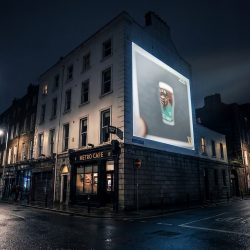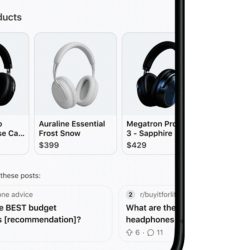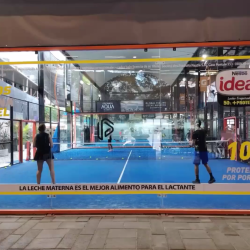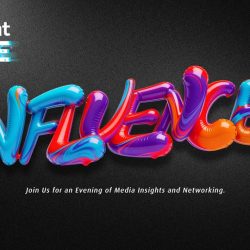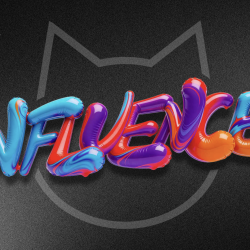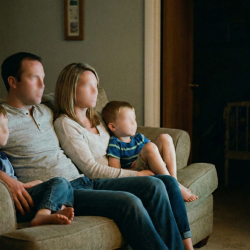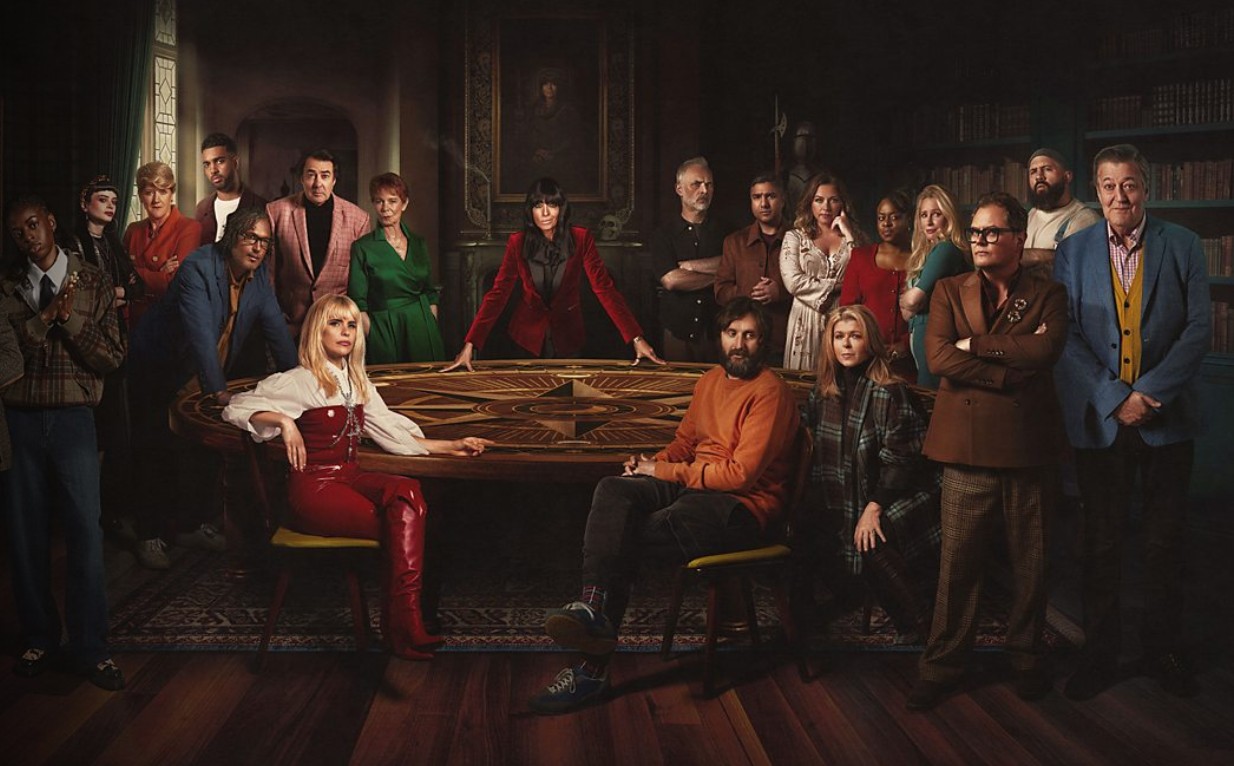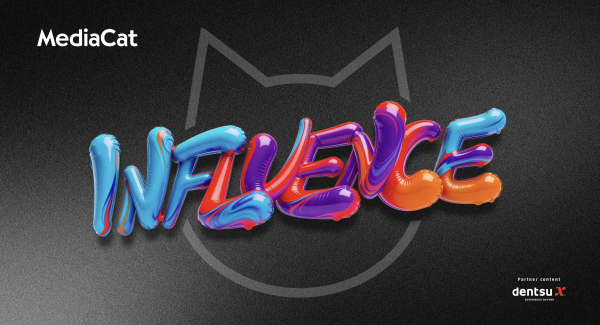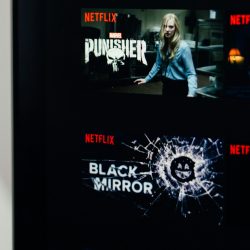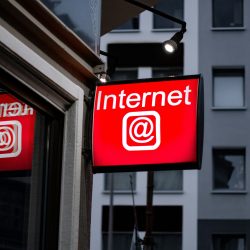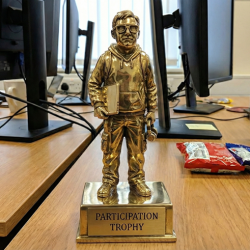I booked a holiday earlier this month, and for the first time, I used ChatGPT and TikTok to plan most of my itinerary. Specifically, I turned to the AI chatbot for a list of destinations that met all my criteria (warm weather, busy nightlife, sandy beaches, etc.) and then used TikTok to find ‘hidden gems’ to visit.
It turns out I’m not the only one — or, at least, the only Gen Z — whose travel discovery habits are changing. According to Shauna Moran, data journalist at GWI, using TikTok to plan holidays is becoming ‘second nature’ to many people, and ‘more are getting on board’.
‘The share of travellers using social media to research trips has grown by 16% since the start of 2023, and people are now almost as likely to scroll on it for inspiration as they are to browse travel booking sites,’ she explained.
Thirteen percent of travellers are also using AI tools to research vacations, Moran said, adding that these tools ‘already rank ahead of some traditional information sources, like online forums (12%) and brochures (10%).’
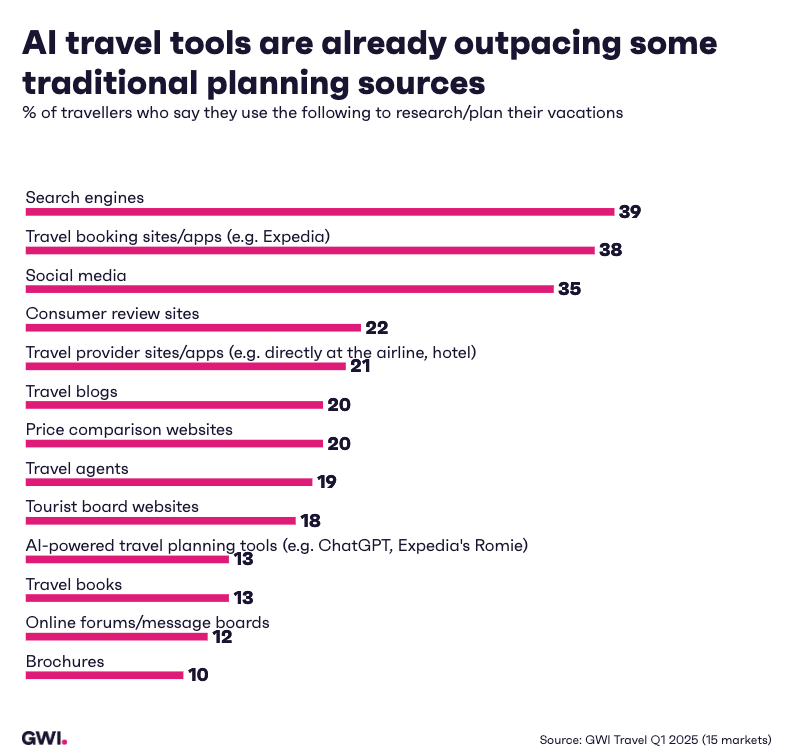
But using AI for travel research seems to be ‘a habit that’s fairly exclusive to younger travellers for now’, says Moran.
To understand more about the habits of young travellers, we asked Imagen Insights for data from their Gen Z community. While not all Gen Z research and book holidays in the same way, there were some recurring patterns in the responses we received.
Some said they use ChatGPT to generate a list of destinations based on their descriptions of the holiday they want (similar to how I did my research). Many also turn to Reels and TikToks for tips and reviews based on the demographic they fit into, with some claiming to find video content on social platforms easier to navigate than YouTube or Google.
Jay Richards, co-founder of Imagen Insights, expanded on the results, saying that ‘AI tools like ChatGPT are emerging as useful for trip ideation, but aren’t fully trusted for in-the-moment or food-specific choices’. This could be because many AI tools do not have access to real-time information.
Despite shifts in their research and planning habits, younger tourists mostly stick to the same old booking habits. Trust is paramount, according to Imagen Insights’ data, and Gen Z still turn to booking sites such as Booking.com, Skyscanner, Expedia, and Airbnb.
This doesn’t mean that trusted brands should rest on their laurels, though — and Expedia Group certainly isn’t.
On 14 May, it announced the launch of Expedia Trip Matching: an ‘industry-first feature’ that can convert any publicly available Instagram reel into a bookable travel itinerary. From early June, Instagram users can DM Expedia any video they find interesting, and the tool will then use AI to generate a customised itinerary, featuring destination and travel tips based on the content of the clip.
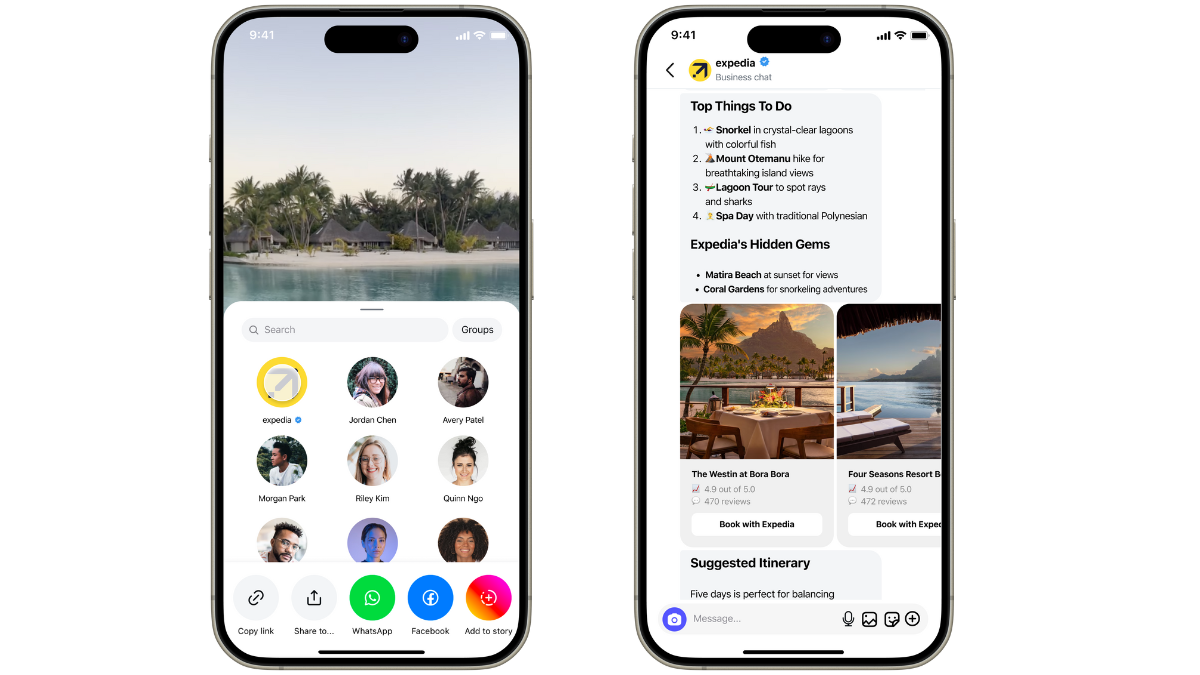
In a press release, Expedia also addressed the ‘significant gap’ that exists between travellers using generative AI platforms for planning and ‘actually booking a trip with a brand’. Expedia is now integrating with OpenAI Operator and Microsoft Copilot Actions to close this gap, and has released an AI Agent on Hotels.com (an Expedia Group brand) to deliver travel recommendations based on the company’s data.
‘Understand that how people are deciding where to go, when to go, is changing, and make sure you’re on top of those changes,’ Rob Torres, SVP of Expedia Group Advertising, said at a travel tech event in April.
‘Travel always comes back. But how people travel, how they’re inspired, how they book — it’s all shifting,’ he said. ‘And we need to shift with it.’
Featured image: Eirik Uhlen / Unsplash
